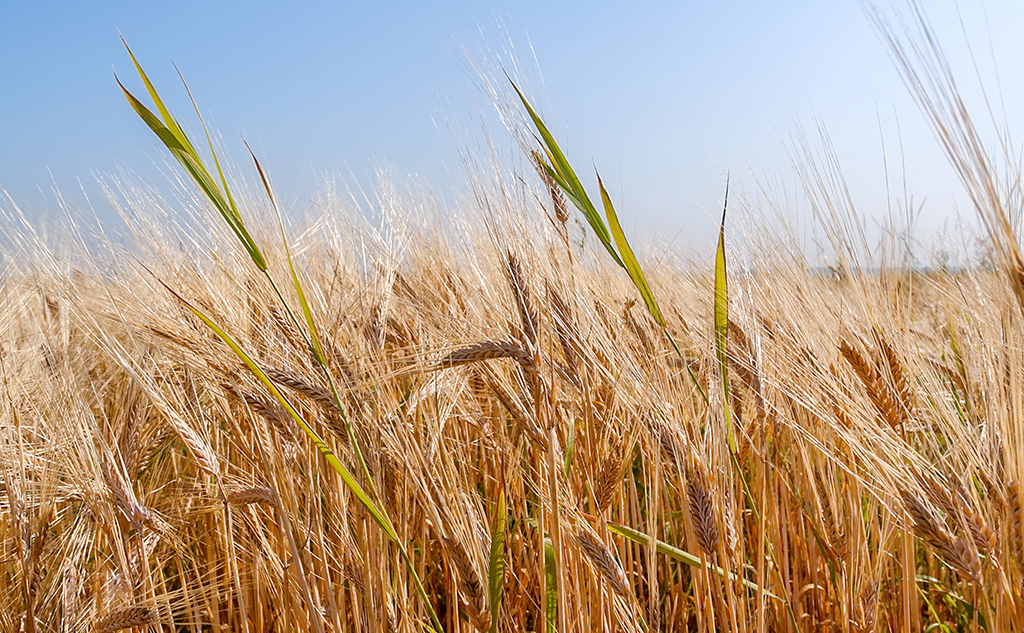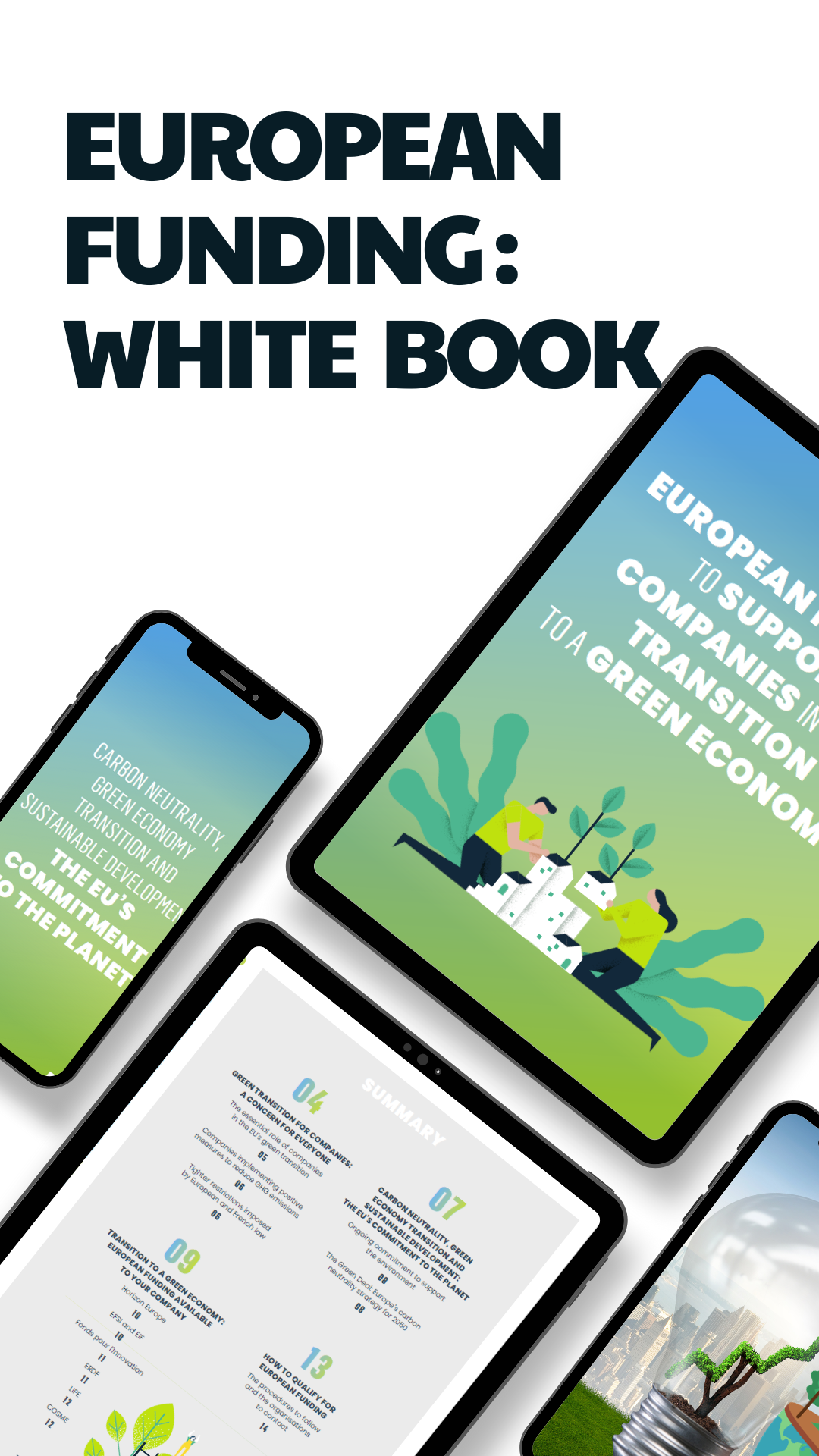The bio-based sector is developing fast. Previously based on physicochemical or thermal processes, resource transformation is increasingly via biotechnology processes such as catalysis or fermentation. After several years of development and pilot experimentation, some biotech processes are now entering industrialisation. In parallel, the PIA4(1) programme launched in January provides for an acceleration strategy covering the next five years.
“Bio-based products” describes products for non-food and non-energy use partially or wholly derived from biomass. These may be materials (plastics or composites) or chemical molecules forming inputs to industry (cosmetics, detergents, packaging etc.). The resources employed are various: lignocellulosic, oilseed, starchy, or resinous plants, algae, etc.
Industrialisation takes shape
Biotech processes provide for resource conversion via biological systems such as catalysis (enzymes) or fermentation (micro-organisms). So, for example, Afyren develops substitute molecules derived from recycling non-food biomass via a fermentation technology based on natural micro-organisms (unmodified microbial communities). These molecules are primarily intended for human and animal nutrition, cosmetics, perfumes, flavourings, and fine chemicals. At the end of 2020 the company began construction of its first factory for the production of natural organic acids (planned output 16,000 tonnes/year), a facility that will also be the first zero-waste low-carbon bio-refinery in the world.
As part of the “re-localisation” component of the “Resilience” call for projects in France’s national recovery plan, in February the government unveiled 34 new winners, two of which relate particularly to the bio-based sector. Pili, a company specialising in bio-based and ecological dyes, was selected for its Biopigments project, which aims to industrialise the production of highly durable bio-based pigments for the industrial paints and coatings sector. This offers an alternative to the import of fossil-origin pigments coming from Asia. For its part, Metabolic Explorer will be building a production unit for the fermentation of glycolic acid, an input today used for cosmetics (anti-aging) and medical products (dissolvable surgical suture) and, longer term, for the production of 100% bio-based degradable plastics that break down more rapidly. This unit will be a double-first: the first European glycolic acid production facility, and the first to produce glycolic acid of natural origin. Note that this type of acid is currently produced exclusively by the American and Asian petrochemical industries.
Toward an acceleration strategy
Making its first appearance in 2020, the report Faire de la France une économie de rupture technologique [Making France a technologically-disrupting economy] (2) classes bio-based products among the “twelve markets requiring public and private support which may ultimately justify the development of an acceleration strategy”. According to the authors, there remain several blocks that need to be cleared. Amongst these is the strong need for R&D to improve the range and performance of products, the poor performance of methods characterising the content of bio-based products and the difficulty of implementing sustainability evaluations for bio-based products against alternatives in order to add value and truly move to an eco-friendly approach. Not forgetting the low willingness of providers to take on new products and logistics chains. In parallel however, the sector benefits from real advantages including many biomass resources, leading-edge research and innovation, top-ranking industrial players who are often European leaders, and a whole fabric of dynamic start-ups and SMEs such as those in the examples above.
On the strength of these findings, the report’s authors have recommended the implementation of an acceleration strategy which should permit the bio-based product content in finished goods to be increased thanks to a broader offering of bio-based products with performance under normal conditions of use similar to that of products currently marketed, and through the definition of sustainability and safety criteria for bio-based products (environmental, biodegradability, toxicity and ecotoxicity performance, societal acceptance of the production chain).
The PIA4 programme presented at the start of January took on board this recommendation and enshrined “bio-based products and industrial biotechnologies – sustainable fuels” into the eleven upcoming acceleration strategies. It will at the same time develop and structure a truly French bid to substitute petrochem-based products, and in so doing put in place the conditions for their deployment on demand.
The bio-based chemistry sector in France
With an annual turnover of €10 billion, this sector is growing at a rate of 5% per year. In 2019, it employed 165,000 people (directly and indirectly). The Association Chimie du Végétal (ACDV) [Bio-based chemistry association] has 54 members representing the sector’s entire value chain: ingredients, materials and bio-based products.
Learn more at: www.chimieduvegetal.com
1) The 4th Programme d’Investissements d’Avenir [Future Investments Programme] anticipates €20 bn of investment over 5 years, €12.5 for building the acceleration strategies targeted at the priority sectors and technologies, and €7.5 for higher education, research and innovation. At least a third of the investments envisaged will be ring-fenced for the ecological transition and none of the funds expended under PIA4 is to be deleterious to the environment.
2) “Faire de la France une économie de rupture technologique – Soutenir les marchés à forts enjeux de compétitivité” [Making France a technologically-disrupting economy – supporting high-competitiveness markets], report to the Ministry of Economy and Finance and to the Ministry of Higher Education, Research and Innovation, 7 February 2020.
Read more: Pollutec, the shop window for eco-materials




